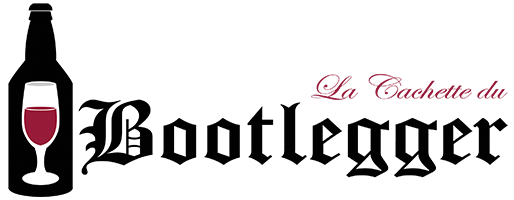BEER BREWING
WHAT IS BEER?
Beer is a fermented alcoholic beverage made up of malted barley and flavoured with hops. In general, beers are divided into two major categories: LAGERS and ALES.
LAGERS are produced with bottom-fermenting strains of yeast at colder temperatures than ales (5 – 15° C). This cooler environment inhibits the natural production of esters and other fermentation byproducts, creating a cleaner-tasting product.
ALES are distinguished by the use of top-fermenting yeast strains. These strains perform at warmer temperatures (18 – 25° C), the ferments are faster and fermentation byproducts are generally more evident. Ales tend to have a very pronounced palate where esters and fruity qualities are part of the character.
Note: In order to ferment at colder temperatures, the use of a lager yeast is essential. Beer kit concentrates, whether an ale or a lager type, are usually supplied with an ale yeast.
BREWING
You have options for brewing beer from a kit, from all-grain or from a combination of the two.
A BEER KIT is unfermented wort that is ready to ferment to make beer. It is available either in a 23 liter, non-concentrated format - which requires no addition of water or sugar, or in a concentrated format which requires the addition of water but may or may not need the addition of sugar.
To obtain a concentrate, the wort is usually heated to evaporate most of the water. The end result is a liquid malt extract (either hoped or not) or if all the water is extracted, a powdered malt extract (usually unhoped).
3 steps to making beer:
1. PRIMARY FERMENTATION – when the sugars that are present in the wort are converted by the yeast into alcohol and carbon dioxide. This stage lasts for about 4 to 7 days.
2. SECONDARY FERMENATION – when the beer is transferred from a primary fermentation vessel (food grade bucket) into a secondary vessel (carboy) by siphoning or racking. This stage lasts for about two weeks.
3. BOTTLING – when the beer is siphoned into bottles with the addition of dextrose (bottling sugar) and capped or into a keg. If the beer is bottled, wait for about two weeks and then enjoy!
Here is a list of the beer kits that we offer: (Each beer kit yields 23 liters of finished product.)
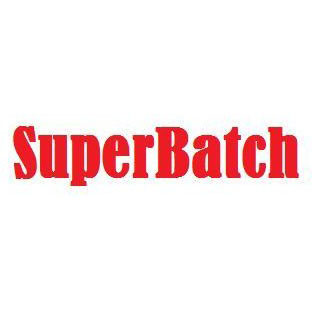
SuperBatch (exclusive product of La Cachette du Bootlegger), 3 or 4 liter plastic pail containing premium malt extract and fresh hops. No addition of sugar is required. Some kits contain specialty grains to steep and/or extra hops for dry hopping, etc.
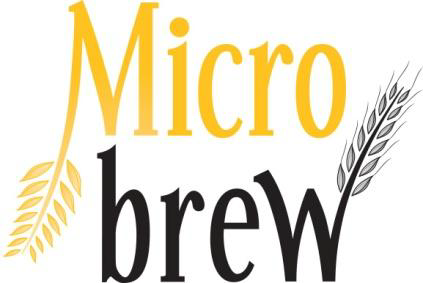
Micro Brew (Product of Canada), 23 liter kit which produces 23 liters of a micro-brewed style beer. No addition of water or sugar is needed.
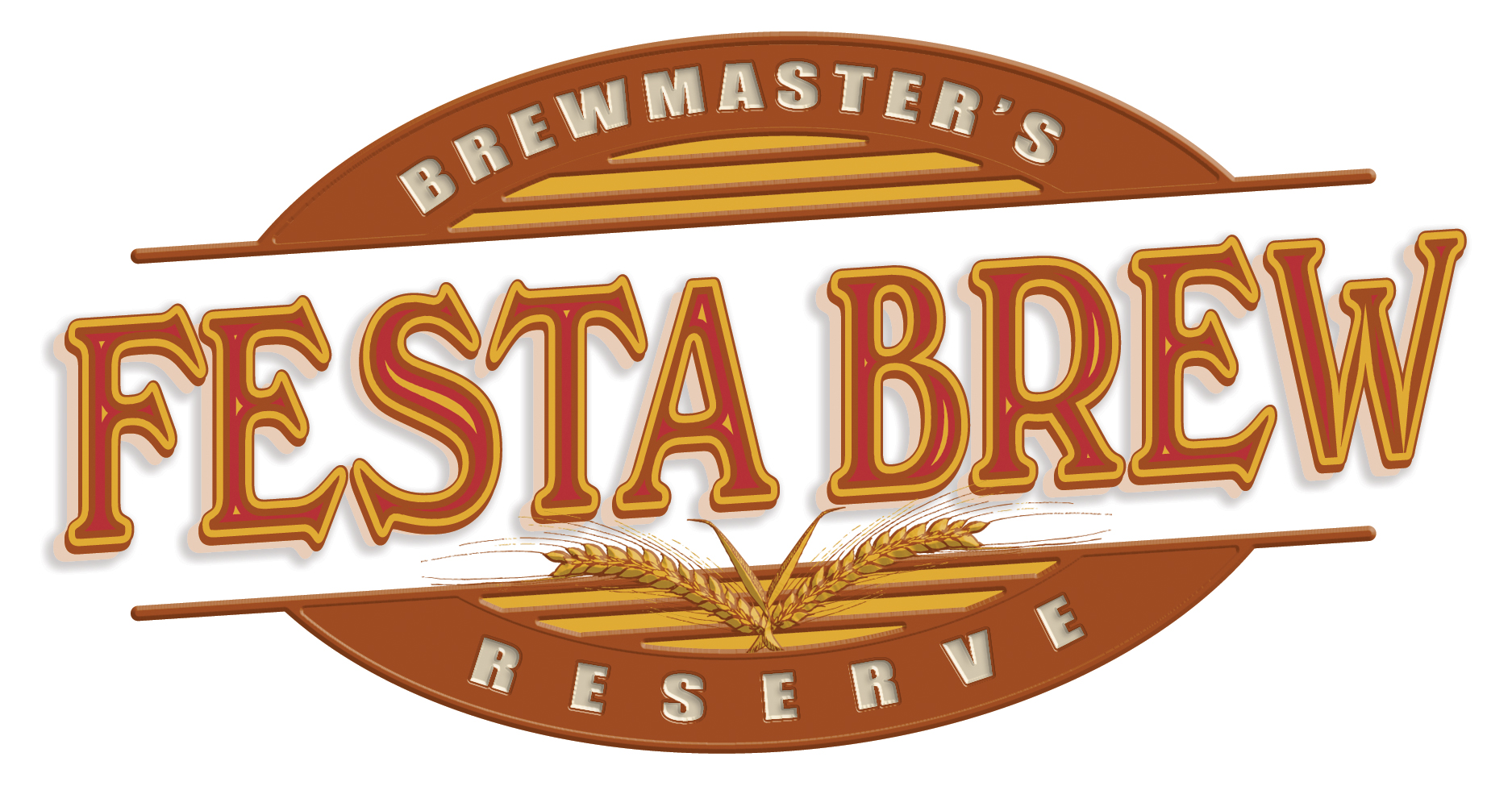
Festa Brew (product of Canada), 23 liter kit which produces 23 liters of beer. No addition of water or sugar is needed.
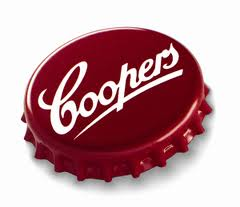
Coopers (product of Australia), 1.7 kg can. The addition of water and sugar is required.
